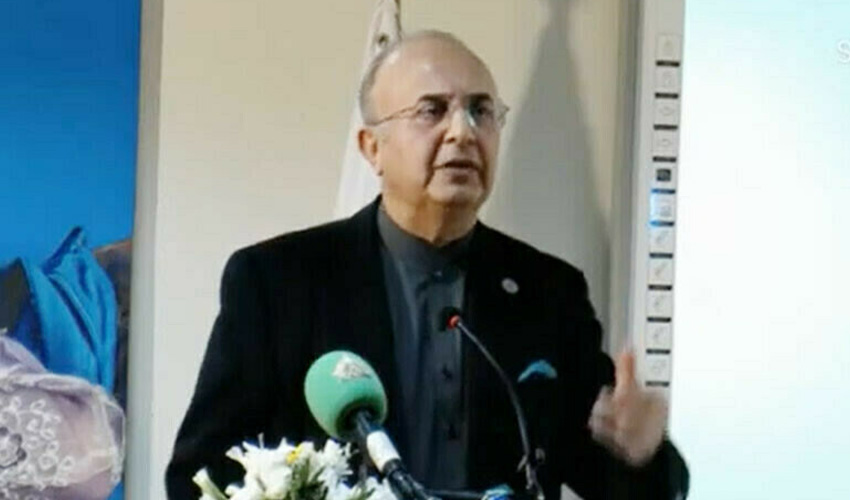Senior Supreme Court judge Justice Mansoor Ali Shah has proposed the creation of a "Judicial Silk Road" between Pakistan and China to establish an alternative arbitration system for resolving disputes related to the Belt and Road Initiative (BRI) and the China-Pakistan Economic Corridor (CPEC).
Addressing a seminar, Justice Shah stressed the need for a specialised dispute resolution mechanism tailored to the complexities of CPEC, which he called a flagship regional project.
“CPEC and the BRI represent regional continuity and shared prosperity for Pakistan and China,” Justice Shah stated. He highlighted the necessity of creating commercial courts and implementing an effective alternative dispute resolution (ADR) system to address challenges arising from such mega-projects.
Justice Shah proposed a judicial Silk Road to facilitate arbitration and reconciliation for BRI and CPEC-related disputes, incorporating insights and cooperation from Asian countries.
“My suggestion is that there should be a new judicial Silk Route that includes South Asian and other Asian countries, fostering collaboration between their judiciaries,” he said.
He stressed that Pakistan and China share traditions of reconciliation, such as the jirga system, which could serve as inspiration for a robust ADR mechanism.
Justice Shah also called for the establishment of ADR systems in all 138 districts of Pakistan, along with specialised commercial courts to handle cases related to CPEC. He noted that legislative efforts would be required to make these systems functional.
“The judiciary of South Asian countries and China should engage in dialogue to develop effective dispute resolution frameworks,” he suggested, adding that South Asian judiciaries could benefit greatly by learning from alternative arbitration systems.



























